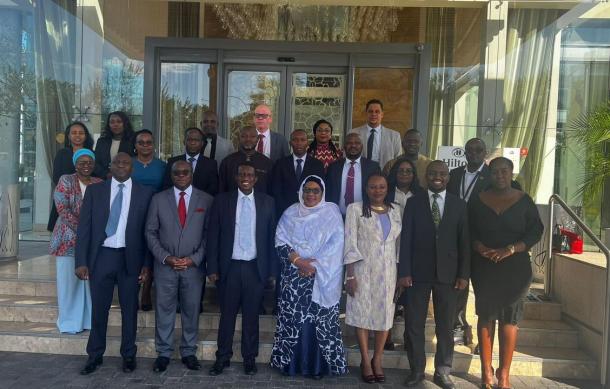
The African Union Commission (AUC), in collaboration with the SADC Parliamentary Forum (SADC PF), convened a two-day workshop in Windhoek to look at parliamentary understanding and capacity in labour migration governance.
The Joint Labour Migration Programme convened parliaments from the SADC PF, the Economic Community of West African States, the East African Legislative Assembly, and the Pan-African Parliament.
The African Union Member States and Regional Economic Communities have underscored the importance of strengthening bilateral and multilateral efforts to bolster labour migration cooperation.
These efforts aim to promote regular labour migration, enforce labour standards, and reduce recourse to irregular migration.
"It is also an instrument dedicated to the implementation of the five key priority areas of the AU declaration and action plan on employment, poverty reduction, and inclusive development. Joint labour migration is a strategy that focuses on intra-African labour migration governance and supports the achievements of the AU Agenda 2063 but also the Agenda 2030," said Sabelo Mbokazi, AUC Head of Labour, Employment, and Migration Division.
Member of the Pan African Parliament committee on Trade, Customs, and Immigration, Wavel Woodcock, highlighted the pressing concern of employment crises in Africa, which compels young people to seek opportunities abroad, exposing them to various risks and depriving them of their basic rights.
"Labour migrations are vulnerable to human rights violations. Their status causes them to live in precarious situations, facing additional challenges such as gender-based violence. Migrant workers contribute to the development of most nations. Filling markets and meeting critical skill needs. Legal protection of migrant workers is therefore required to overcome the precariousness, vulnerability, and many abusive practices of employers."
The Permanent Secretary in the Ministry of Labour and Home Affairs in Botswana, Opelo Jimmy, emphasised the Regional Economics and Pan African Parliament's role in initiating steps that will ensure that targets are met.





